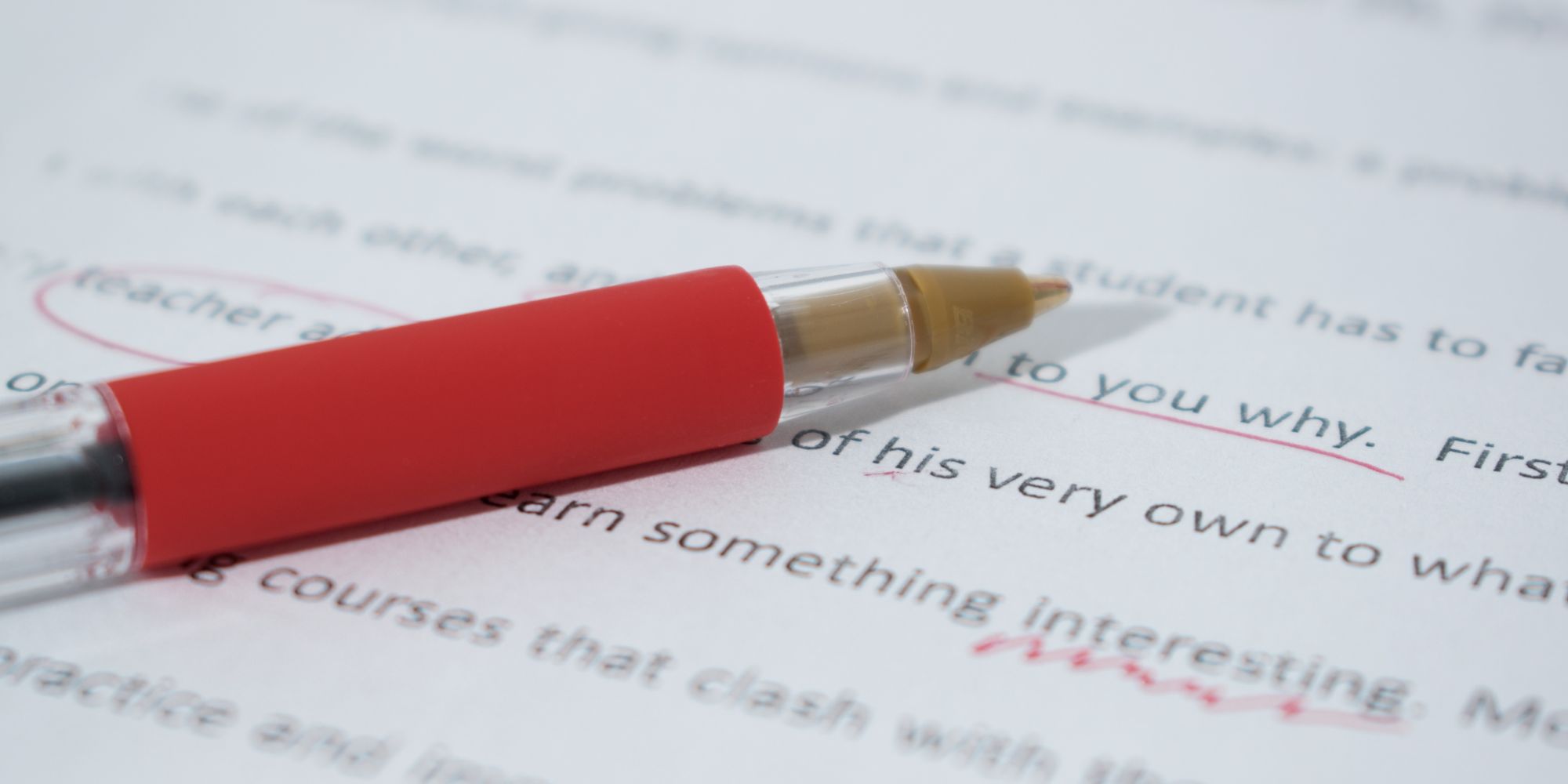Editing is an important step in the intelligence writing process. Think of your editor as your advocate–they are helping to make sure your document is clear, free of errors, and is easily understood by the reader.
Editors can make this more efficient by breaking things down into steps, known as editing passes or sweeps. You will make each pass with a different focus. The four sweeps method is helpful (first pass–review the message, second pass–review the structure, third pass–review the prose, and fourth pass–review the graphics and formatting), but there is no magic number. The more you go over a piece, the more potential errors you can find. One sweep might be as effective as two sweeps, particularly depending on the length of the report.
If you are the only analyst on your account, you probably will focus on self-editing your pieces. If you have colleagues who can edit your documents for you, encouraging the use of the four-sweeps method is a helpful approach to ensure you have no gaps in logic, grammatical errors, or unconvincing evidence.
Here are a few other tips regarding editing your intelligence products:
- When you, or someone else, is editing your piece, put yourself in the mind of the client–does this satisfy their needs and answer their questions? What actions might they take after reading the report?
- Make sure the piece is organized logically with judgments supported by well researched facts.
- Take a look at the language used in the report–is it precise, clear and succinct? Are the visuals and graphics appropriate?
- As an editor, consider if there are any biases to factor in, or if new factors came into play that might change the analysis. Does it give recommendations and an outlook for the client?
- Watch for passive voice. Try to ensure all sentences are active.
- When editing your colleagues’ reports, maybe the piece is not written the way you would write it–that is ok! No need to make “happy” to “glad” edits. As long as there are no grammatical errors, formatting concerns, and the information is clear, don’t worry about fixing it.
- For drafters and editors, try not to stress about having a perfect piece. Just write! Many analysts at times suffer from “analysis paralysis” and want to make sure they have all of the information before they complete their project. At some point you have to let your pieces go out into the wild.
- As far as editing time goes, a good rule of thumb:
- Editing shorter pieces (1-3 pages) should not take any longer than 15-20 minutes.
- Longer pieces (more than 3 pages) should not take any longer than 30-60 minutes.
- If it is taking you any longer than that, you should let your manager know.






